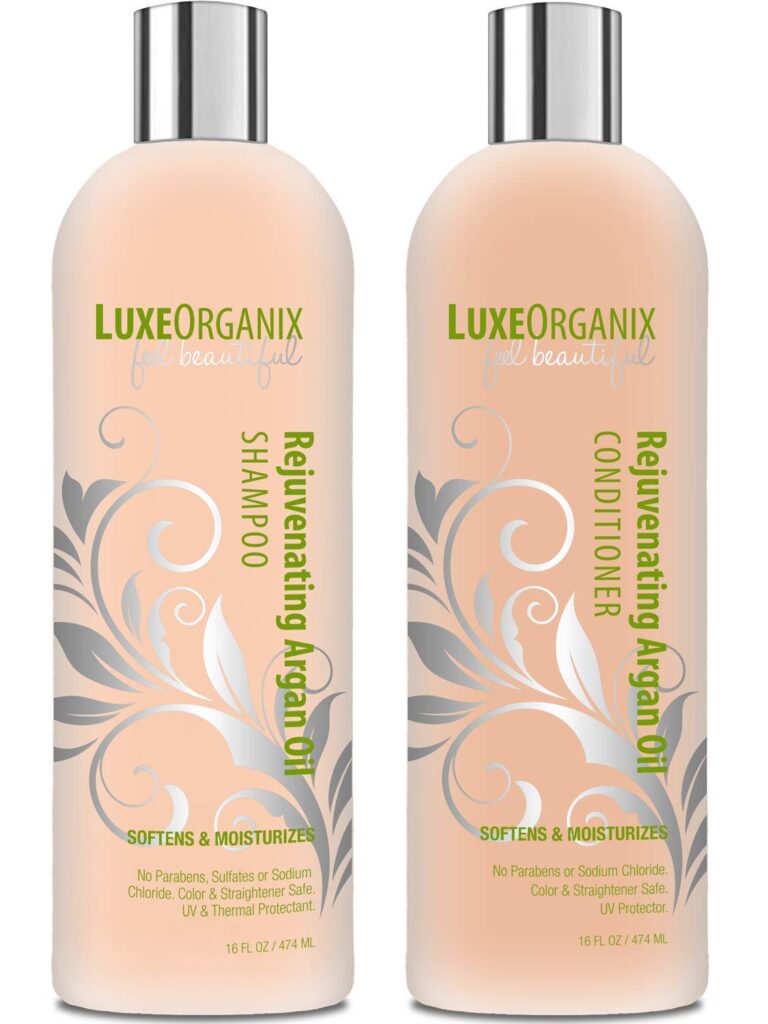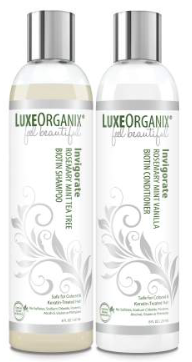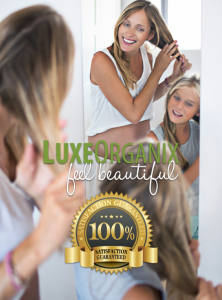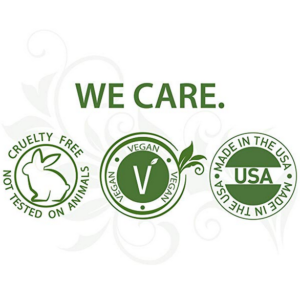Hair color is a very personal subject. Look around you right now and you’ll see a literal rainbow of colors. Blonde, brown, black, pink, silver, white, purple… Some of it natural, and some intentionally colored.
But gray… This is the one color many of us hate to think about. When it creeps up on us, we run to a stylist to cover it. For a while, anyway.
Can you stop your hair from turning gray?
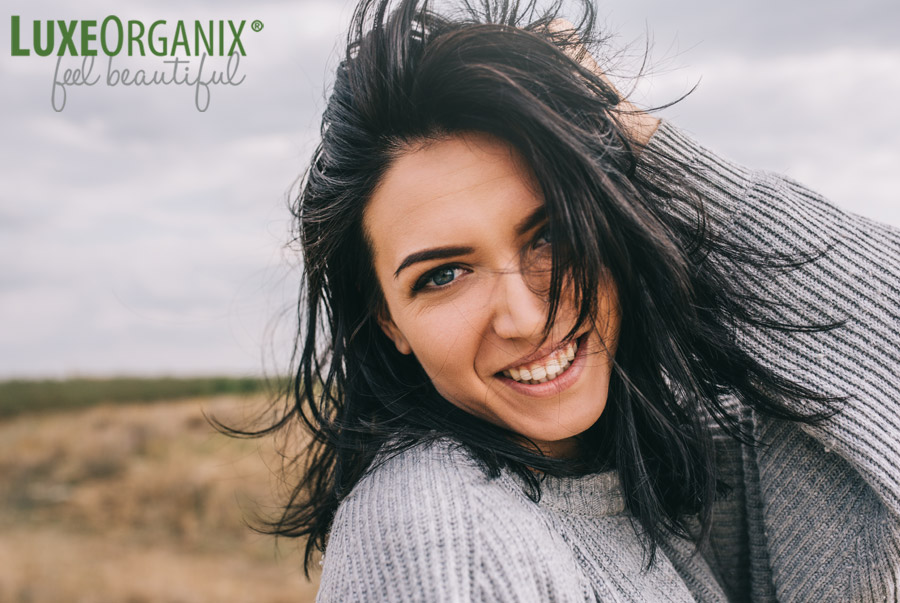
Your hair color is determined by pigment-producing cells called melanocytes. As you age, these pigment cells are not produced in the quantities they were when we were younger.
Your hair goes through a natural cycle of death and regrowth (we wrote about this in a lot of detail in another blog post). With fewer pigment cells, the new strand of hair growing in will not contain as much melanin (the magic that creates your hair color) as the old strand, and will become a more transparent color, like gray, silver, or white.
Some part of your hair turning gray may be genetic. Your melanocytes are influenced by your genetics, in terms of how many you have and how resilient they are. And genetics are what they are. You cannot change them.
But it’s not just age or genetics that causes your hair to gray. A vitamin B-12 deficiency, smoking, problems with your pituitary or thyroid gland, and stress can give you gray hair, too.
You can see this when you look at any picture of the US Presidents when they start their term, and when they end it. Nearly all of them turn very gray while in office.
Research has found that your body’s fight-or-flight response (triggered by stress) plays a key role in turning your hair gray. But an article published by Harvard Medical School weighed in stating, “in humans, most gray hair is not related to stress.”
To be clear, your hair doesn’t actually “turn” gray. Once a strand of hair exists, the color is set. If a single strand of hair starts out brown (or red or black or blond), it will never change its color unless you color it. Your hair follicles produce less color as they age, so when hair goes through its natural cycle of dying and being regenerated, with less color, the new strand of hair will grow in as gray. This process typically starts around the age of 35, though genetics can play a role in this.
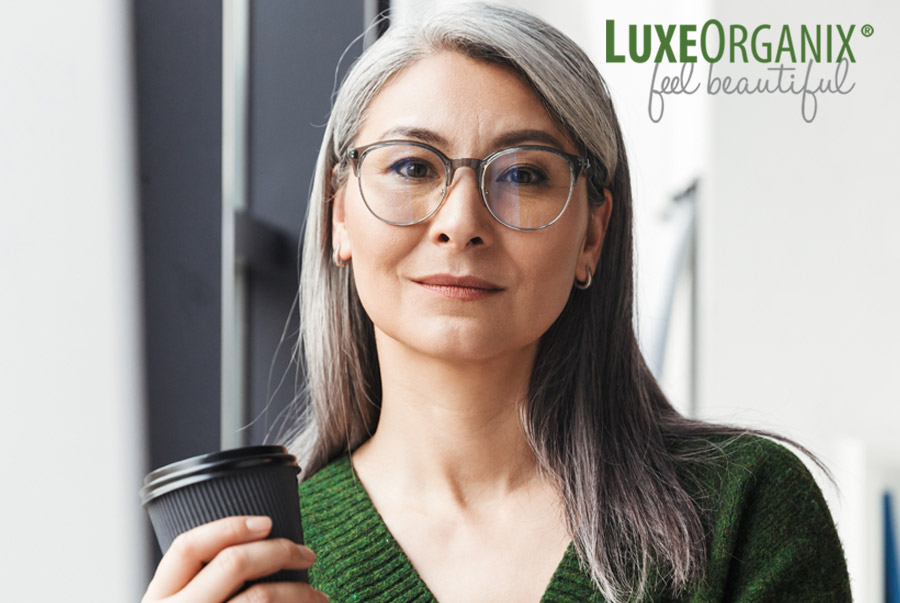
Can You Reverse Gray Hair?
While gray hair cannot technically be reversed, there’s a lot you can do to improve your chances of growing more hair in your natural color.
Creating a healthy scalp that nourishes your follicles and encourages more melanocytes to thrive might be the solution you need.
So, how do you do this?
Nutritional Support
If you’re not getting enough nutrients in your diet, it will show up on your hair and skin. Because specific nutrients help your hair follicles to thrive, a lack thereof may decrease the pigmentation they create. When these nutrients are lacking, it can result in premature graying or thinning of your hair.
Sometimes, taking supplements can help but you should always consult with your primary health care provider first. They can determine whether you’re truly deficient in any specific nutrient and advise you on any next steps. Some common deficiencies that may contribute to gray hair include:
- Vitamin B-5 (pantothenic acid) helps your body turn the food you eat into energy. It also helps make red blood cells. A 2020 study in mice showed that vitamin B-5 can reverse graying fur. While the jury is still out on whether this works the same for humans, it’s still a great idea to ensure you’re getting enough of your B-vitamins, as they are an important element in healthy hair and skin.
- Vitamin B-6 is important for both your metabolism and your immune system. Without enough vitamin B-6, it can lead to dry hair, cracked lips, and general fatigue. Vitamin B-6 deficiency tends to be common among vegetarians and vegans, though some autoimmune and kidney conditions can also affect how your body absorbs this vitamin.
- Vitamin B-9 (folate or folic acid) helps your body metabolize amino acids, which help moisturize dry hair cuticles. The cuticle is the outermost part of the hair and is important in retaining moisture. Dull and dry hair is a sign of severe cuticle damage and a lack of amino acids. When you’re not getting enough vitamin B-9, you might also experience pigmentation issues in your hair, skin, and nails.
- Vitamin B-12 deficiency is one of the most common causes of prematurely graying hair. Studies show that vitamin B-12 deficiencies are often concurrent with folic acid (B-9) and biotin deficiencies in people with prematurely gray hair. Vegetarians and vegans are also more prone to this because B-12 is commonly found in animal products.
- Vitamin D is essential for bone health. It also helps your body absorb calcium more efficiently. A research study found that people with prematurely graying hair also tend to have vitamin D deficiencies, suggesting that vitamin D affects melanin production in hair follicles.
Now is a good time to review your diet and make sure you’re getting the nutritional support you need from vitamins to keep your hair healthy, and growing its natural color.
Lifestyle Changes
Making some adjustments to your lifestyle can help maintain your hair follicle health which means prolonging your natural hair color. For example:
- Get enough vitamins. Vitamins B6 and B12 play an important role in hair and skin health. B-6 may help your melanocyte levels return following an illness or vitamin deficiency.
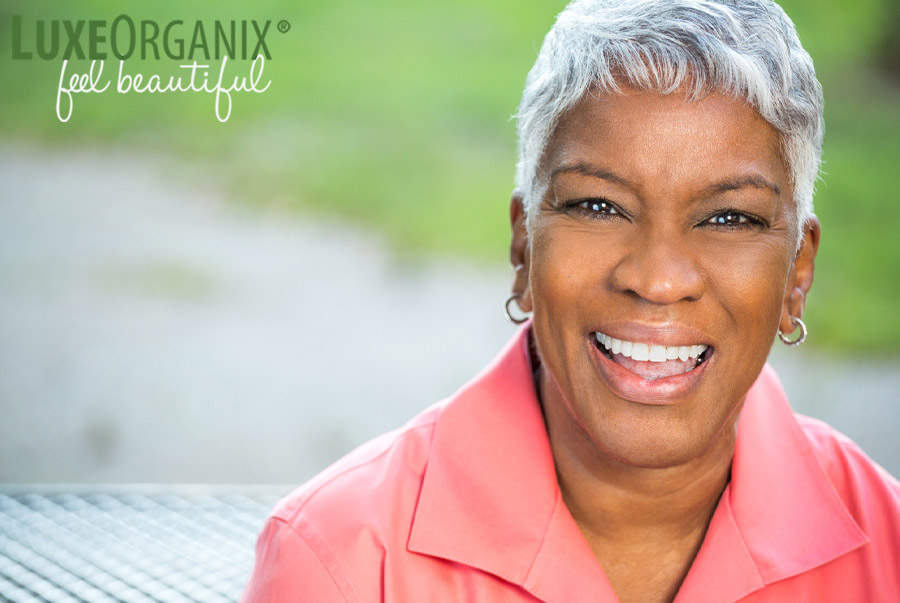
- Stop smoking. Among all the bad things attributed to smoking, studies show that smoking damages and shrinks hair follicles. If you smoke, and you’re noticing thinner, more gray hair, it’s not a coincidence.
- Protect your hair from the sun. Prolonged exposure to the sun’s UVA and UVB rays can damage the outside cover of the hair strand, called the cuticle. This damage can cause discoloration, dry and brittle strands, broken or split ends, thinning, and frizzy hair.
- Stop damaging your hair. Chemical hair treatments like keratin and color, hot styling tools, harsh ingredients in your hair care products, washing your hair too often… all damage your hair. As with too much sun, this can include the loss of color, dry and brittle strands, broken or split ends, thinning, and frizzy hair.
Choose your hair products carefully.
It’s important to remember that ingredients you put *on* your body will always end up *in* your body, too. So use the best, healthy and supporting ingredients you can. It matters.
Many store-bought shampoos are harsh on your scalp and hair. They strip away everything, including your hair’s natural oils and nutrients, and may also cause nutritional or hormonal issues, which directly affect your hair follicles.
Look for shampoos that contain more natural or organic ingredients, or even some of the ingredients listed above in the Nutritional Support section of this article.
The LuxeOrganix shampoos and conditioners keep this in mind. Our Biotin Shampoo and Conditioner have biotin, rosemary, peppermint, ginseng, and vitamins B5 and D. The shampoo also includes jojoba oil to strengthen hair and moisturizes hair follicles, which prevents dryness that leads to hair loss. Our Argan Oil Shampoo and Conditioner contain vitamin B5 to nourish your hair, and Moroccan argan oil to soften hair and moisturize hair follicles.
Adding deep conditioning treatments to your hair care regimen is always a smart choice. LuxeOrganix Protein Hair Treatment also contains a generous amount of biotin, as well as, peppermint, vitamin B5, and sage for providing more nutrition to hair follicles.
You can’t go wrong with these products!
Not Everyone Wants to Change Their Gray
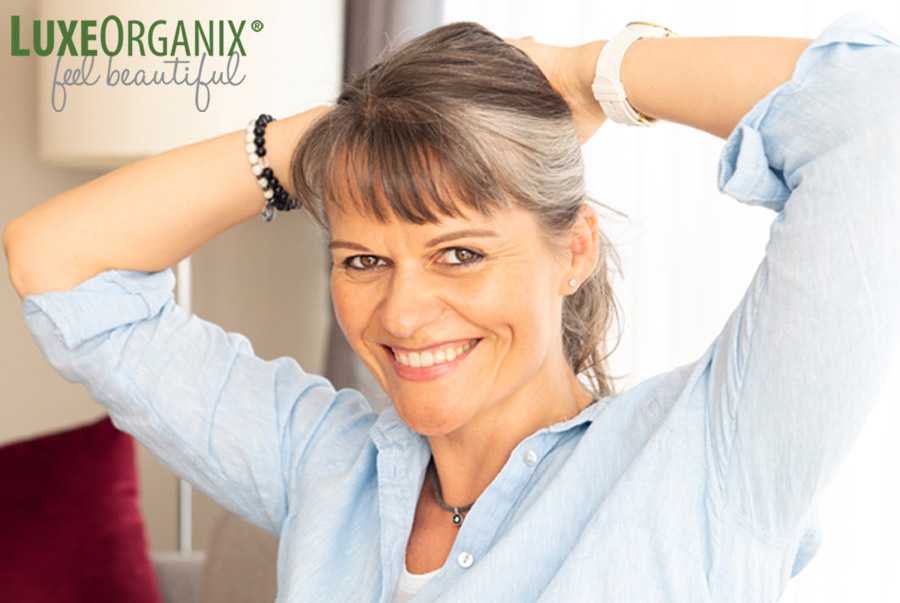
Lifestyle adjustments like managing your stress and maintaining a healthy diet, along with quality products to support a healthy scalp may help keep your hair its natural color longer. Talk with your health care professional for more tips related to your specific situation.
If gray, silver, or white is a color you love, go for it! We think everyone should feel beautiful.
P.S. Gray is being touted as the hair color of the hour and the hot trend for 2021-2022. Just saying! 😉
Beauty comes in all colors… Gray, silver, and white, included.

